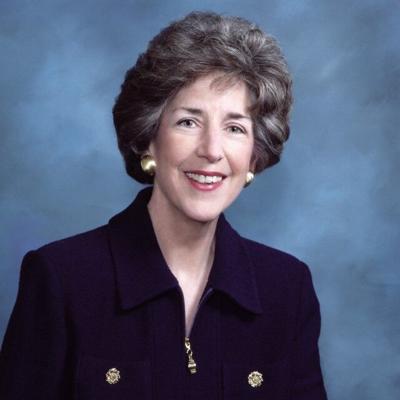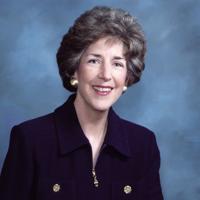
California Supreme Court Justice Carol Corrigan
A unanimous California Supreme Court has agreed Ford can’t use contracts car buyers signed with dealerships to compel arbitration when those buyers sue the carmaker under the state’s lemon law.
Justice Carol Corrigan wrote the opinion, filed July 3. She said the cars at issue are Focus and Fiesta models bought in 2013 and 2014. Five plaintiffs, whose complaints have been consolidated, sued Ford Motor Company over allegedly defective transmissions, claiming the carmaker concealed known issues from the public and downplayed danger.
Each of the plaintiffs invoked California’s Song-Beverly Consumer Warranty Act, while four alleged fraudulent inducement and two claimed violations of federal warranty law. Los Angeles County Superior Court Judge Amy Hogue denied Ford’s motion to compel arbitration, and the California Second District Appellate Court affirmed the ruling, prompting Ford’s appeal to the state’s top court.
“An arbitration clause appears in the sales contracts between plaintiffs and the respective dealers,” Corrigan wrote. “There is no question here that Ford is not a party to those contracts, and plaintiffs did not expressly agree to arbitrate any dispute with Ford. The general rule is that one must be a party to an arbitration agreement either to be bound by or to invoke it.”
The court agreed with the established finding that people who bought cars from dealerships did not enter into a contractual relationship with the company that made the cars. It further noted there is no clause in the buyer-seller contract showing an intent to allow a third party to invoke the arbitration clause present in those sales terms, rejecting Ford’s arguments asserting its rights to intervene.
“The ‘third party’ language in the arbitration clause,” Corrigan wrote, “means that if a buyer sues a dealer based on the condition of the vehicle, the dealer can elect to arbitrate that claim.”
Taking the contract language as a whole, the court determined, makes it clear the dealers and buyers are only agreeing to let arbitration resolve disputes between themselves. Ford said the nature of the claims the buyers made when suing Ford “are essentially an attempt to vindicate contractual terms,” Corrigan wrote, which the company said should bind the buyers to arbitration.
“The argument founders on its premise that plaintiffs are attempting to vindicate contractual terms,” Corrigan wrote. “Plaintiffs’ causes of action alleging warranty violations and fraud do not seek to enforce any contractual provision. As a result, they should not be estopped from pursuing their claims in court.”
Nothing in the car buyers’ lawsuits relied on or invoked the terms of their sales contracts, the court noted, nor is it possible to frame the complaints as seeking to leverage benefit from such agreements. Corrigan explained “the Song-Beverly Act expressly provides that implied warranties may be disclaimed by contract under certain circumstances,” and further noted a car buyer can possess a car maker’s warranty via purchasing a car from a dealer, but also said the sales agreements for the cars in question “explicitly distinguished between seller’s and manufacturer’s warranties, defeating Ford’s contention that its warranties were intertwined with the contract provisions.”
The court said the car buyers could bring their claims against Ford even without a dealership sales agreement, further explaining those contracts substantively address “sale and financing and nothing more.” The dealerships weren’t acting as Ford’s agents when selling Ford cars, and the buyers didn’t allege such a relationship, but rather pointed to corporate marketing materials, window stickers and press releases as the source of the material they say induced purchases. Neither did the buyers claim the dealers knew of the alleged defects; they only put that allegation on Ford Motor Company itself.
“Plaintiffs’ claims flow not from the contracts but from separate statutory requirements and conventional fraud theories,” Corrigan concluded. “They are not intimately founded in and intertwined with the contractual terms.”
Ford is represented by attorneys Andrew L. Chang, Amir Nassihi and Nalani L. Crisologo, from the firm of Shook Hardy & Bacon, of San Francisco.
Attorneys Jennifer Bennett, Jessica Garland, Linnet Davis-Stermitz, of the firm of Gupta Wessler, of San Francisco; Paul R. Kiesel, of Kiesel Law, of Beverly Hills; and Roger Kirnos and Steve Borislav Mikhov, of the Knight Law Group, of Los Angeles, represented the car owners.




